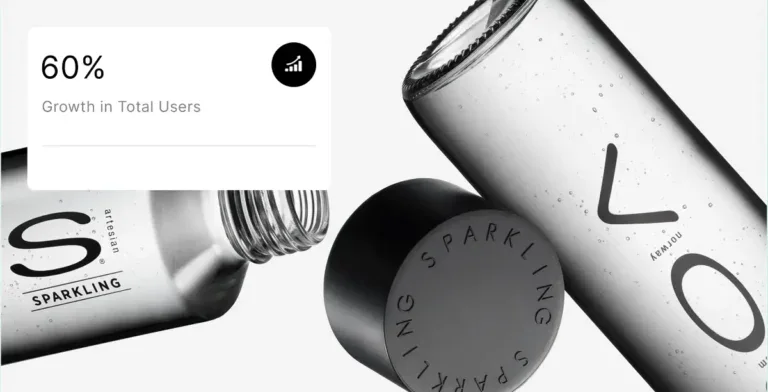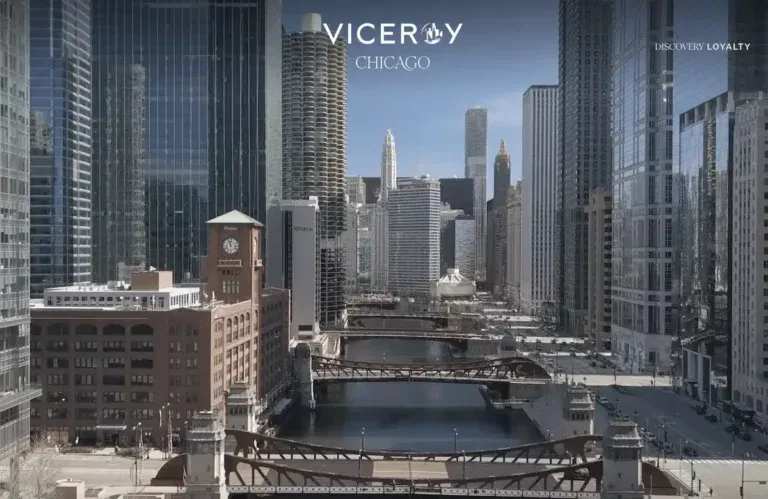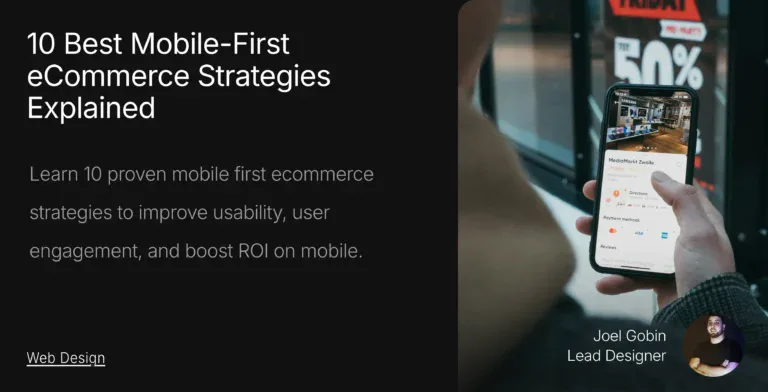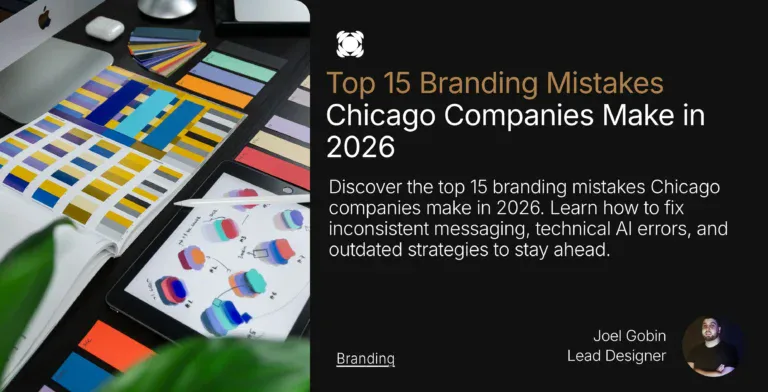What if we told you that 76% of local searches lead to in person visits within 24 hours? Yet most managers treat apartment SEO like an afterthought.
The numbers don’t lie. People looking for a new apartment don’t check newspaper ads or call rental agencies.
At 2 AM, they’re on Google. They scroll through listings on their phones and make decisions based on what they see in search results.
The mobile reality changes everything. Mobile devices make up 61% of global website traffic.
So, your scaling property websites need to load quickly and look great on smartphones. We’re talking about users who will bounce from your site in seconds if it doesn’t work properly on their phones.
This apartment SEO guide teaches you how to improve your property’s online presence.
By doing so you can attract more qualified leads, save on marketing costs, and fill vacancies quicker than your competition.
Looking for a good SEO strategy but don’t know where to start? Let us help.
Why Apartment SEO Is Essential for Multifamily Property Managers
Property managers are fighting an uphill battle for renter attention online. The competition is fierce, but an apartment SEO strategy helps you grow.
Apartment hunting has gone completely digital, and the numbers prove it.
Today, people conduct 75% of apartment searches on mobile devices. This means that the custom website you’ve invested in isn’t working well on smartphones, you might lose out on three-quarters of potential tenants right away.

Today’s renters move fast. Instead of the drawn-out apartment-hunting process you might expect, 86% find homes within three months or less.
Even more impressive, 60% request property tours within 24 hours of discovering a listing.
Timing still matters, though. May represents the peak rental search season, followed by April and June.
December shows the lowest search activity, which gives you valuable insight for planning your SEO pushes.
The cost-saving benefits of organic traffic
Organic search delivers better results than paid ads, and we have the data to prove it.
71.33% of all searches result in clicks on organic listings rather than paid ads.
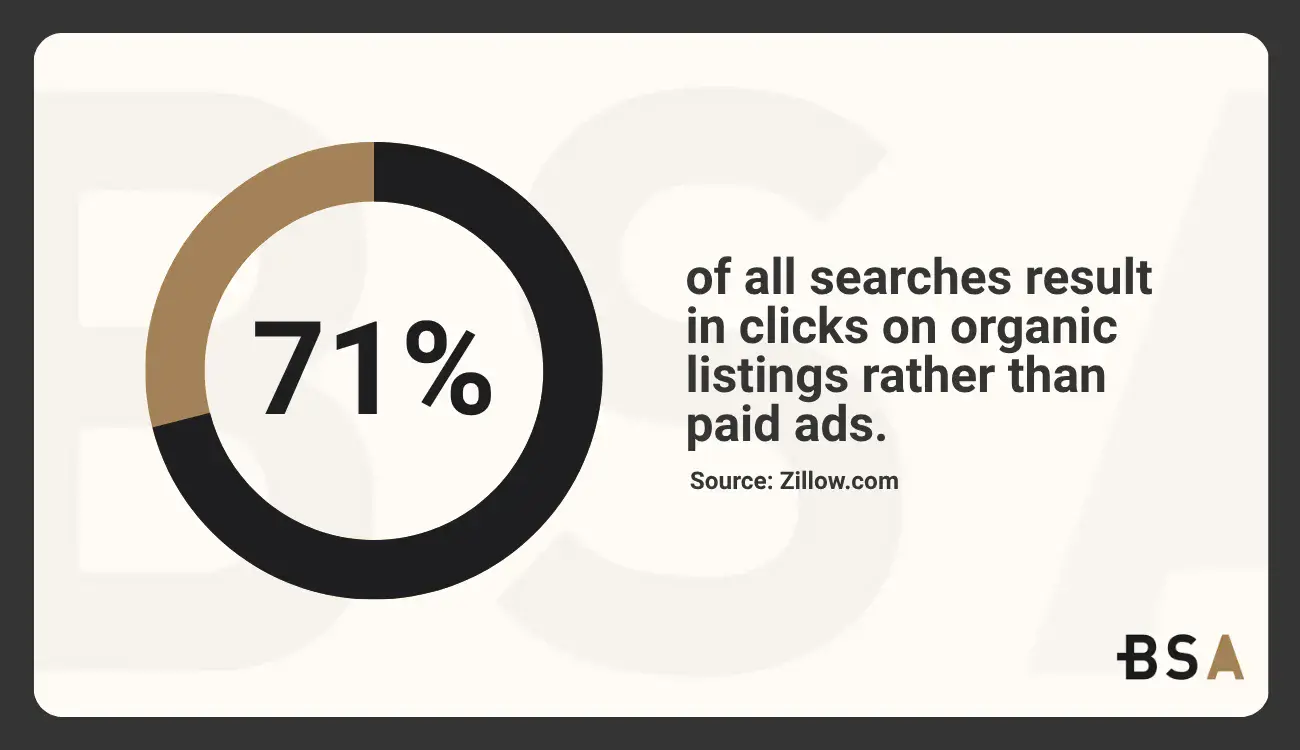
Renters scroll right past those sponsored results to find what they actually trust.
The financial advantages stack up quickly:
- Higher conversion rates: SEO efforts yield a 2.4% average conversion rate compared to SEM’s 1.3%.
- Long-term sustainability: SEO keeps working even when you stop paying. Unlike paid ads, its benefits grow over time.
- Better quality leads: Organic visitors engage more with your content. This shows they are truly interested.
SEO vs. SEM: When to use each
Both SEO and SEM have their place in multifamily marketing, but they work completely differently.
SEO builds organic visibility through website optimization, quality content, and establishing authority. It requires minimal direct expense but demands a time investment. Results build gradually over months, but they provide lasting benefits that compound over time.
SEM covers paid advertising on search engines. Property managers bid on keywords to display prominent ads in search results. You gain quick visibility, but keeping those results requires a steady financial investment.
SEO works best as your foundation for consistent, long-term results. It builds brand awareness. It also creates neighborhood authority and trust with potential renters.
Apartment SEO particularly shines for branded searches and community-specific content.
SEM is most useful during lease-ups, seasonal pushes, or in competitive areas where organic efforts fall short. It provides accurate targeting options. This includes dayparting and tailored ad copy for various keywords.
The most effective approach combines both strategies. Use SEM for quick visibility during key times or for tough keywords. Meanwhile, SEO efforts create a lasting organic presence and boost credibility.
Want to learn even more about SEO? Our latest SEO statistics article will help you stay up to date with all of the relevant SEO information needed to grow.
Creating a Content Strategy that Drives Traffic
Content strategy sounds fancy, but most property managers get it wrong. They write about what they want to promote instead of what renters actually search for.
Smart content brings the right visitors to your property websites. It turns casual browsers into serious leads. The difference? You focus on answering real questions instead of listing generic amenities.
Developing service pages and listing descriptions
Your property listings are digital first impressions, and most of them are terrible.
52% of renters cite the neighborhood as their second most important consideration after price. Most listings focus on granite countertops for three paragraphs but say little about the area.
We think standout listing descriptions should:
- Start with an attention-grabbing headline that includes the bedroom count and top amenity.
- Use vivid language that creates a clear image. For example, say “spacious family room with bay windows” instead of “large family room.”
- Highlight unique property features and recent upgrades.
- Keep descriptions between 4 and 6 sentences for maximum impact.
- Include screening requirements to filter serious applicants.
Why does this matter? Apartments featuring farmhouse sinks, barn doors, and quartz countertops rent faster and for higher prices. If your properties include these elements, they should appear prominently in your descriptions.
Don’t know how a service page should look like? Use our service page examples article for inspiration!
Using neighborhood and amenity-based content
Neighborhood pages create significant SEO advantages that most property managers completely miss.
First, they help users find relevant local information without leaving your site. Second, they naturally incorporate valuable local keywords that boost search rankings. It’s a win-win situation that requires minimal effort.
A solid neighborhood page should showcase:
- Nearby restaurants and shopping centers.
- Entertainment and recreation options.
- School districts and educational institutions.
- Transportation access points.
- Healthcare facilities and parks.
These pages boost local SEO. They include location-specific keywords that renters often search for.
For amenities, changing renter preferences create new content opportunities. Think about showcasing spaces for content creation, such as recording studios and photo rooms. These features can attract younger audiences and offer more than just traditional options. These unique amenities set your properties apart from competitors who see a fitness center as state-of-the-art.
Writing blog posts that answer renter questions
Blog content establishes your expertise through regular, valuable information. This approach builds trust with both search engines and prospective tenants.
Here’s where many property managers go wrong: they promote lease specials and property updates. They need to address real concerns instead.
Good apartment blogs answer common questions. They cover the rental process, neighborhood insights, and property features. This does two things: it shows you as a helpful resource and offers more chances to rank for certain search terms.
For maximum impact, conduct keyword research to identify questions renters actually ask. Then create a content calendar that addresses seasonal topics and maintains publishing consistency. Regular posting signals to search engines that your site remains active and trustworthy.
Using city guides to boost local relevance
City guides represent perhaps the most valuable content for apartment SEO. They are helpful resources for future tenants, especially those moving from other places.
An effective city guide typically includes:
- Tiered content structure (overview guide with specific articles linked).
- Detailed information about local attractions.
- Transportation options with proximity to your property.
- Dining and entertainment recommendations.
- Resident testimonials about neighborhood highlights.
Beyond helping renters, city guides substantially increase organic traffic to your website. They attract visitors searching for local information who might not yet be actively apartment hunting.
When your guides get noticed, they can earn backlinks from well-known local sites. This boosts your SEO authority even more.
Regular updates to these guides remain critical—businesses open and close, neighborhoods evolve. Involve current residents in keeping information fresh through social media engagement. They know the area better than you do anyway.
Mastering Local SEO for Property Visibility
Local visibility works as the foundation for everything else you’ll do with apartment SEO.
The data supports this: 46% of Google searches seek local info. This means almost half of your potential renters want properties near you.
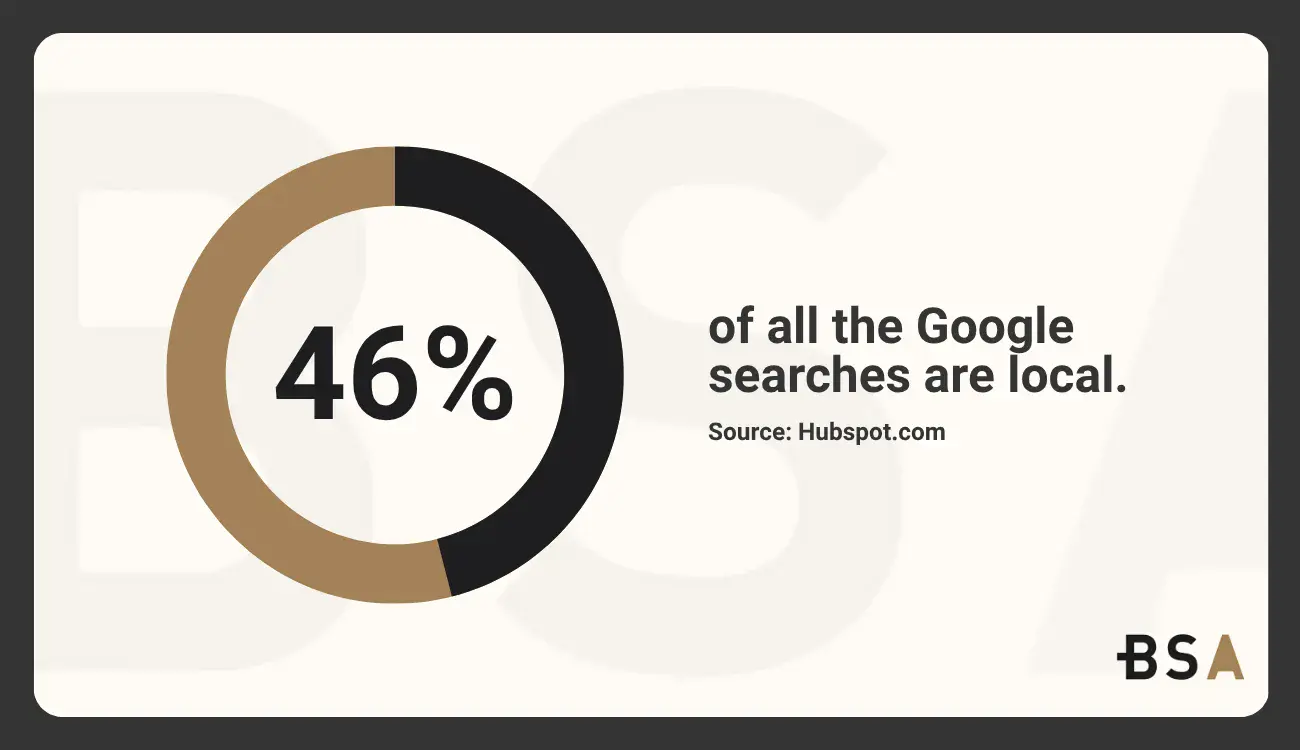
Optimizing your Google Business Profile
Your Google Business Profile serves as your property’s digital storefront. If you want to optimize it for good SEO, here’s exactly what you need to do:
- Claim and verify your profile. This simple step gives you an edge over competitors who haven’t done it.
- Select “Apartment Complex” or “Apartment Building” as your primary category (Google needs to understand what you are).
- Complete every single section with accurate contact information; incomplete profiles lose credibility.
- Upload high-quality photos; profiles with more images consistently perform better in searches.
- Post regular updates about availability and promotions.
Creating city and neighborhood landing pages
Most property managers get this wrong. They create generic pages that could describe any neighborhood anywhere. That’s not what works.
Every neighborhood landing page must have unique content that shows you know the area. We’re talking about:
- Local amenities and attractions that residents actually use.
- Transportation options with real commute information.
- School district details for families making decisions.
- Accurate neighborhood descriptions based on current conditions.
Your target location must appear in the page title, meta description, URL, and throughout the content naturally.
According to Yoast, “when a user does a search query that Google believes has local intent, it will show local search results.” These pages capture that traffic.
Using local citations and directories
Citations work like votes of confidence for search engines. Every mention of your business name, address, and phone number across the web strengthens your local credibility.
For apartment communities, you have access to industry-specific directories that generic businesses don’t. List your properties on apartment sites like Apartments.com, ApartmentGuide.com, and Zillow.
Don’t just rely on standard directories like Yelp and Yellow Pages.
Responding to reviews and building trust
We think review management might be the most underestimated part of apartment SEO.
Google Business states that responding to reviews actually builds trust with your customers. When you respond to reviews:
- Address reviewers by name when available.
- Thank them for the feedback (yes, even negative reviews).
- Respond with empathy and professionalism.
- Outline solutions to the problems they mentioned.
- Sign off with your name and position.
Quick response times matter. Aim for 1-2 business days. Being responsive boosts your reputation. It also sends positive signals to search engines about your property’s activity and relevance.
Getting Your Technical SEO Right Before It Kills Your Rankings
Your website’s technical foundation determines whether search engines can even find your properties. Get this wrong, and all your content efforts won’t matter.
Mobile responsiveness isn’t optional anymore
We need to talk about mobile. Google announced that they will no longer index sites that don’t work on mobile. That’s not a suggestion – it’s a hard deadline that has already passed.
Most property managers assume their site works fine on mobile.
But they never double-check it!
Google explicitly states that its algorithms favor websites with positive user experiences. Here’s the problem: the chat widgets and lead-capturing tools you added to your site often lower these scores. Work with developers to optimize their integration, or you’ll pay the price in rankings.
Structured data helps search engines understand your listings
Search engines need help understanding your content. Structured data acts like a translation guide, telling Google exactly what the information means on your pages.
For apartments, implement schema.org mockups specifically designed for rental properties. This code signals important details about your listings without changing how your pages look to visitors..
Google provides a free testing tool for validating your structured data implementation. Test your markup before going live. Broken structured data is worse than no structured data at all.
Broken links are killing your credibility
Nothing screams “unprofessional” like broken links scattered throughout your site. They waste your SEO efforts and create negative user experiences that increase bounce rates.
The worst part? Most property managers don’t even realize that they have broken links. Use tools like the Broken Link Checker or web-based SEO audit tools. They help you find broken links on your site.
For apartment listings specifically, verify that all unit information stays current. Outdated availability frustrates potential renters and signals poor maintenance to Google.
If someone clicks on a “2-bedroom available” link and finds a 404 error, they’re not coming back.
Creating custom 404 error pages with contact forms helps salvage traffic from broken links. Turn those potential losses into opportunities for engagement instead of dead ends.
Having trouble with broken links and 404 pages? We can help.
Boosting Authority With Off-Page SEO and Partnerships
Boosting your property’s reputation outside your website sets the winners apart from the rest. Search engines treat backlinks as trust votes, and without them, you’re stuck competing on technical factors alone.
Building backlinks from local real estate sites
Smart property managers understand that not all backlinks hold the same value.
When reputable websites link to yours, it tells search engines that your content deserves attention in search results. The key is targeting opportunities that make sense for your business.
Don’t overlook industry-specific directories either. Platforms like Apartments.com help boost your online presence. They also create consistent NAP citations across the web. Google values these citations for their accuracy.
Partnering with HOAs and real estate agents
Homeowner associations represent untapped goldmines for multifamily communities. Most property managers ignore them completely, which means less competition for you.
Sponsor HOA events or make joint promotional deals. This will help you reach established residential networks.

Real estate agents offer even better opportunities. Partner with non-competing agents. These agents serve different areas or target markets. These relationships work because you’re helping each other without stepping on toes.
We’ve seen property managers create mutually beneficial arrangements through:
- Cross-promoting each other’s content online.
- Contributing guest posts to each other’s blogs.
- Amplifying social media efforts.
- Hosting joint educational events about the local market.
These partnerships generate quality backlinks and referral traffic from their existing client base. It’s relationship-building that actually moves the needle.
Using social media to support SEO goals
Social media won’t directly boost your search rankings, but it amplifies everything else you’re doing. The real value comes from increased brand visibility and content-sharing opportunities.
Post content on social platforms that links back to your website to improve off-site SEO. This drives traffic while creating natural backlink opportunities when people share your posts.
Property managers see the best results by:
- Sharing neighborhood updates that link to your city guides.
- Posting property photos that direct to listing pages.
- Creating virtual tours that link to floor plan pages.
Your Google Business profile works like another social platform where you can post updates about your property. Keep it active with regular posts about availability, community events, and property improvements.
The bottom line? Off-page SEO focuses on building real relationships. It’s about making content that people want to share.
Get an Effective Apartment SEO Strategy from Blacksmith
SEO is not just a marketing tactic for apartment managers. It’s the key that links your properties to renters ready to sign leases.
You’ve seen the data throughout this guide. Search visibility drives occupancy rates. Google Business Profile alone generates thousands of leases annually.
Mobile-first design isn’t optional anymore.
But knowing what works and actually implementing it are two different things.
The reality is that implementing a proper apartment SEO strategy for multifamily targeting takes a lot of time that you might not have available.
But don’t worry, that’s where we come in.
Here at Blacksmith, as an end-to-end SEO agency, we are experienced in creating SEO strategies that help property managers get more leads and in person visits organically. With our team of seasoned SEO experts, you’ll get everything you’ll need to thrive right from the start.
Unsure if a complete SEO strategy is what you need? Click here and schedule a call with us and we’ll audit your brand and show where your SEO is lacking and your main issues that are preventing you from getting the leads you deserve.

